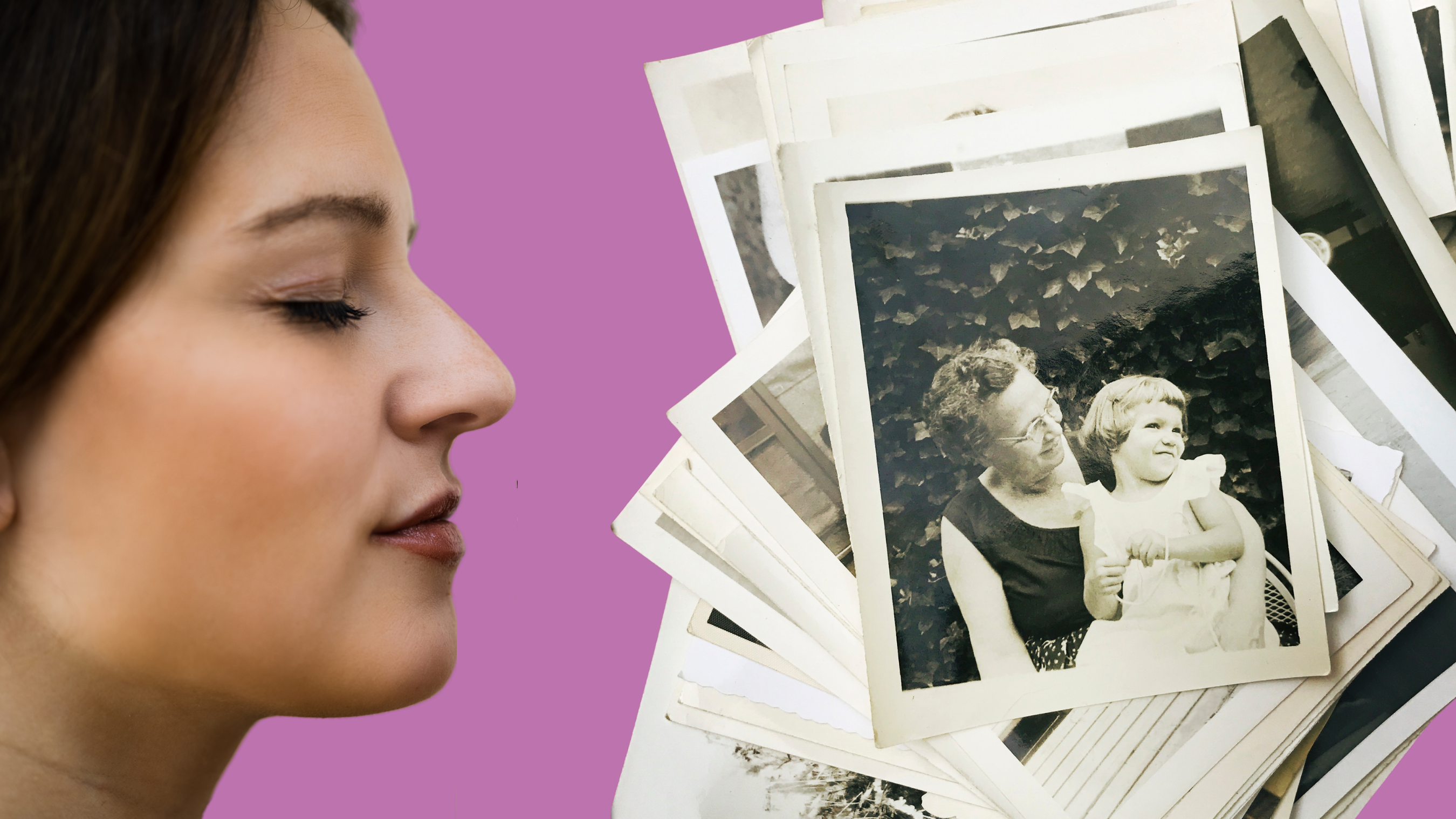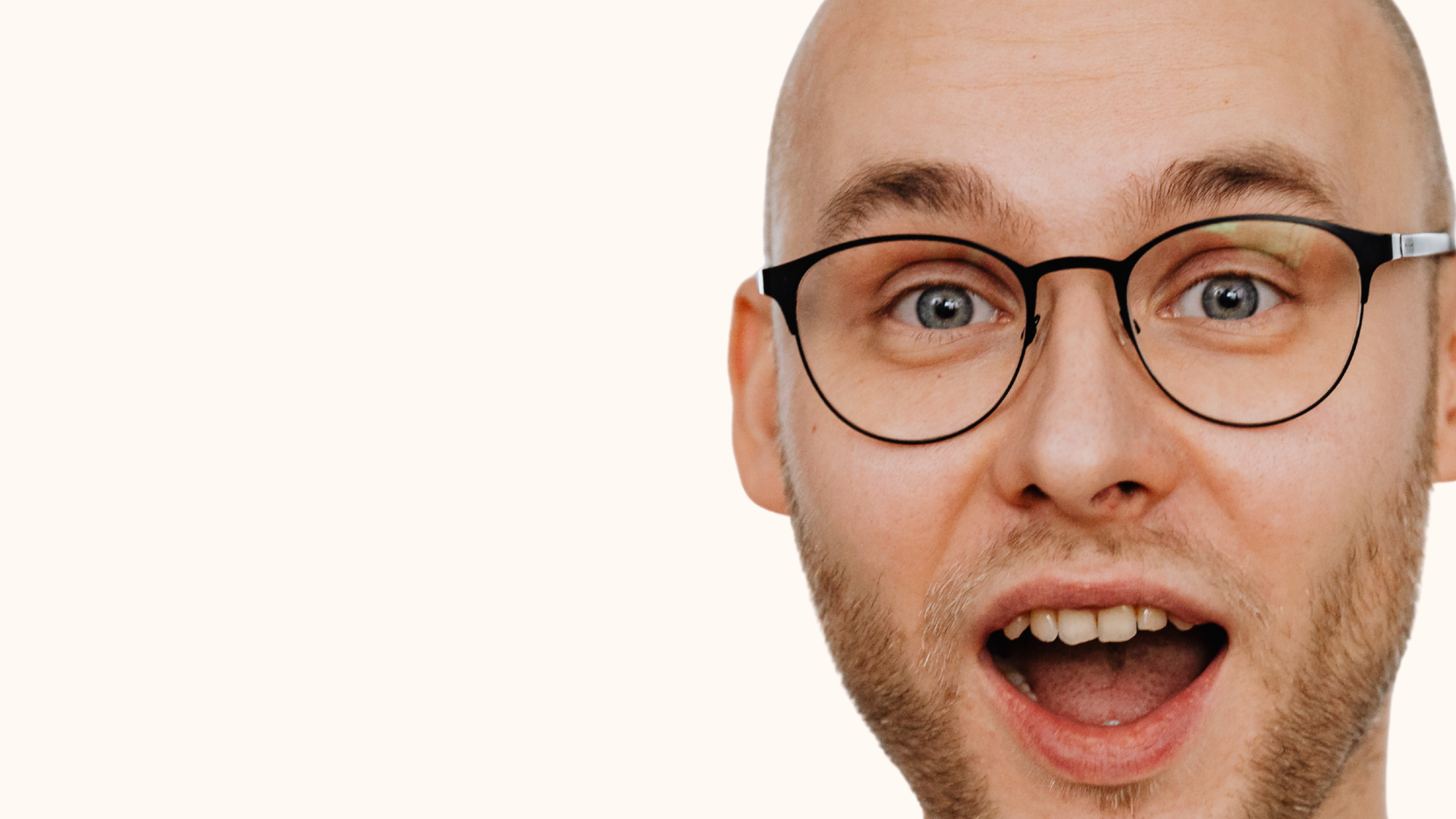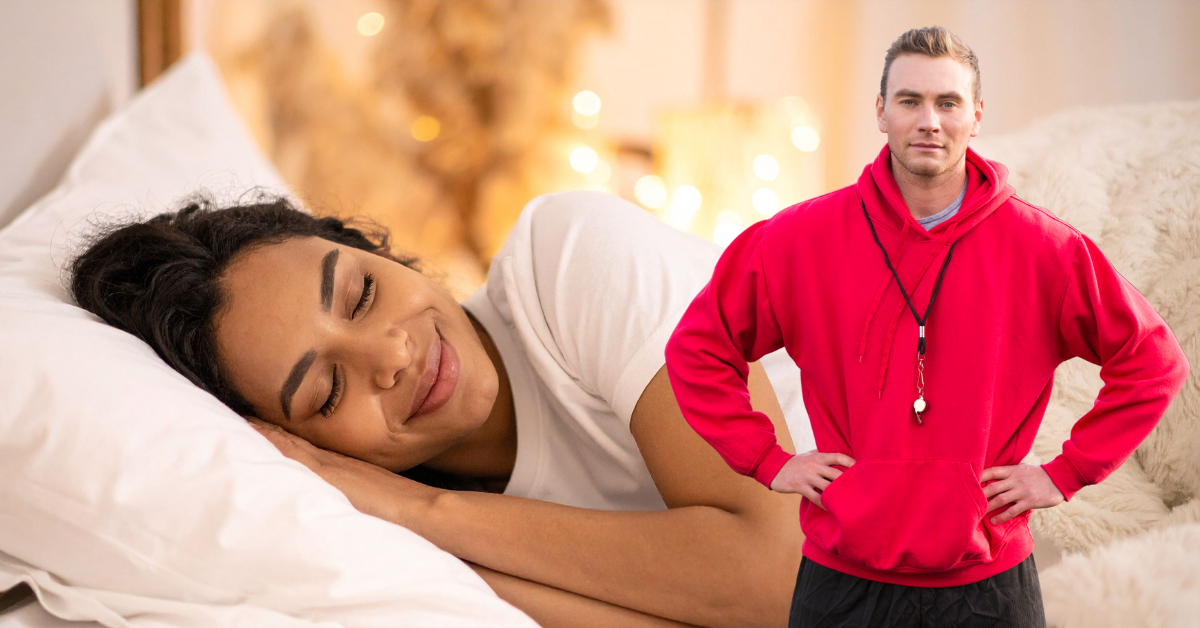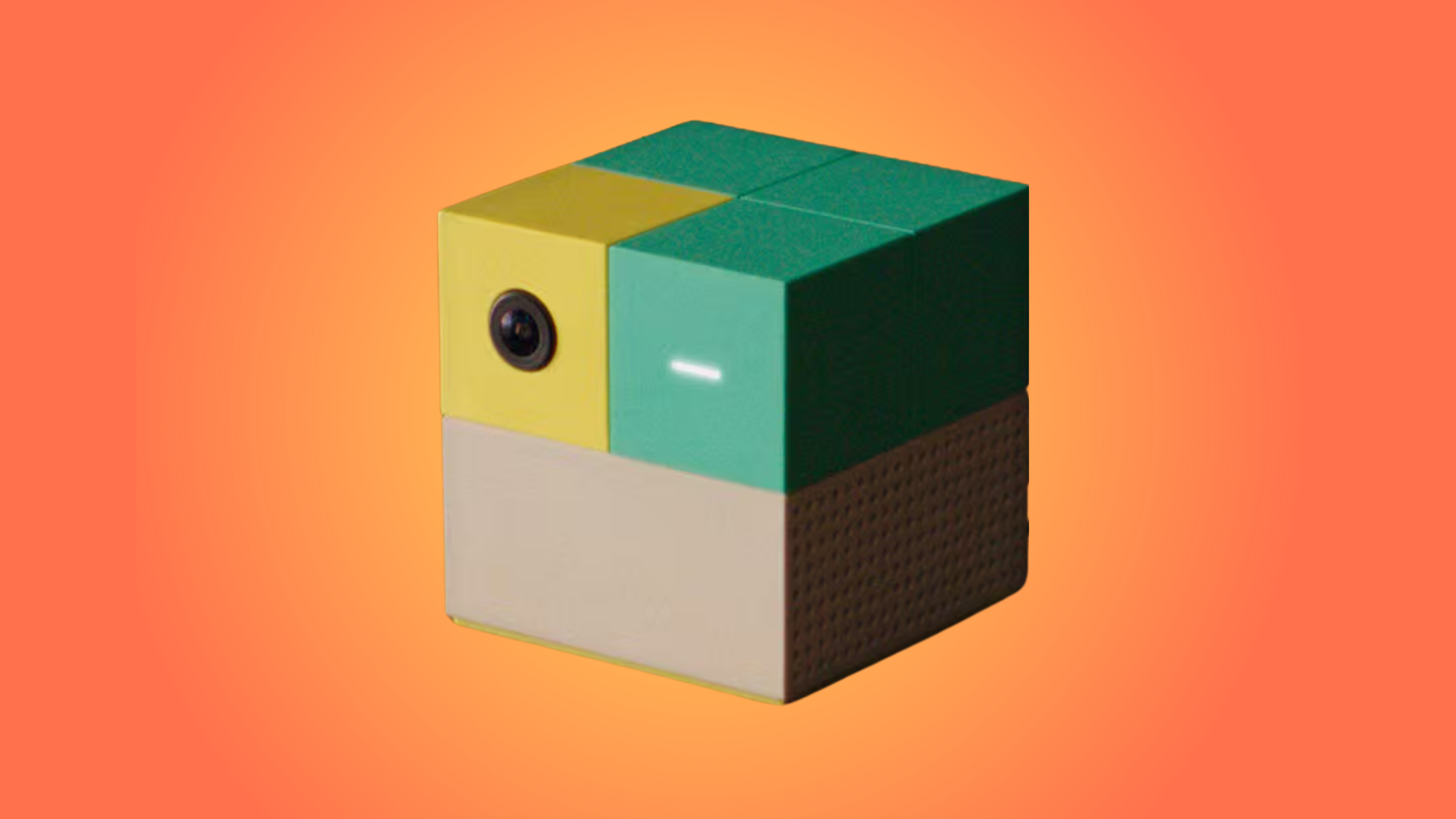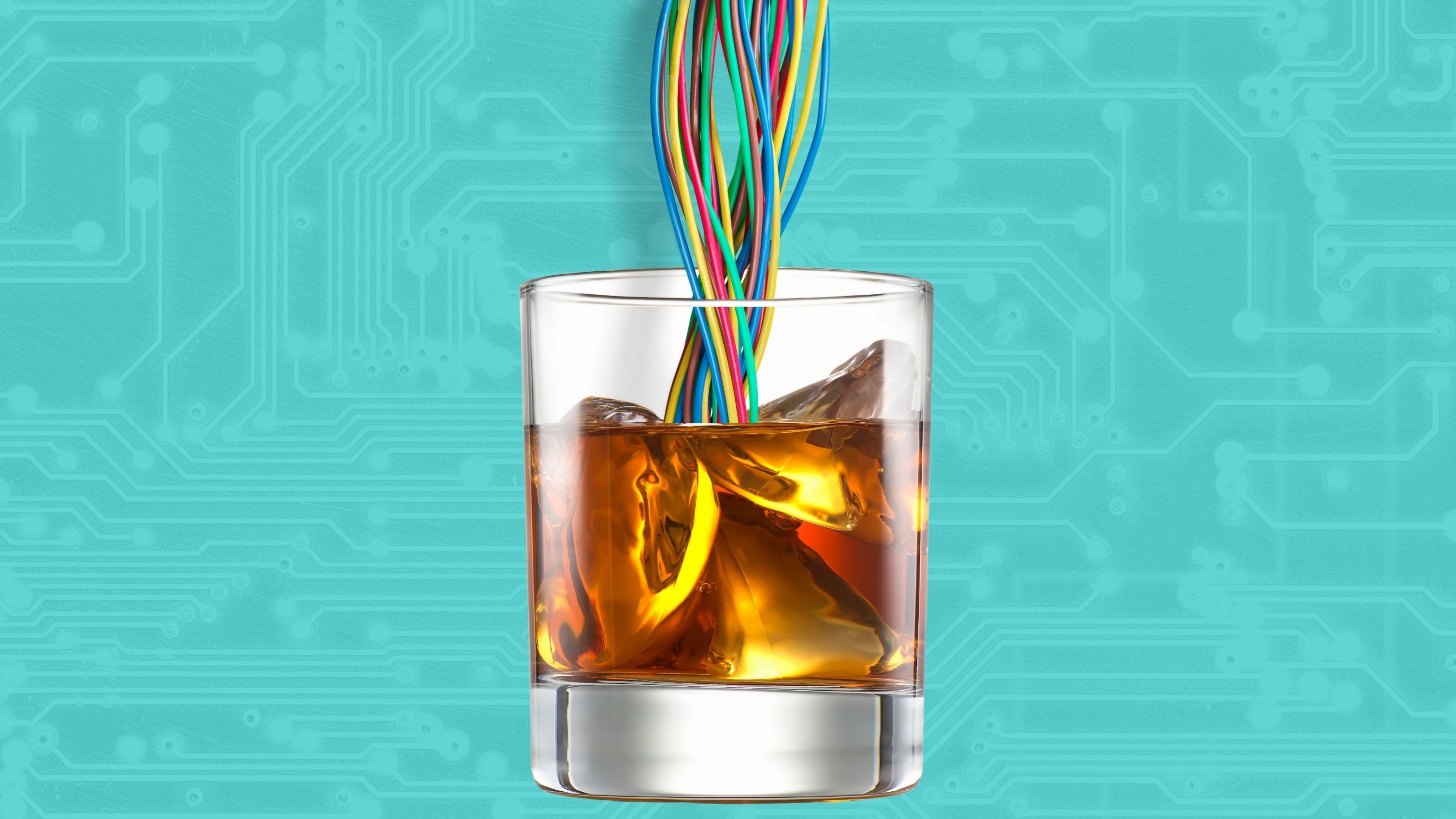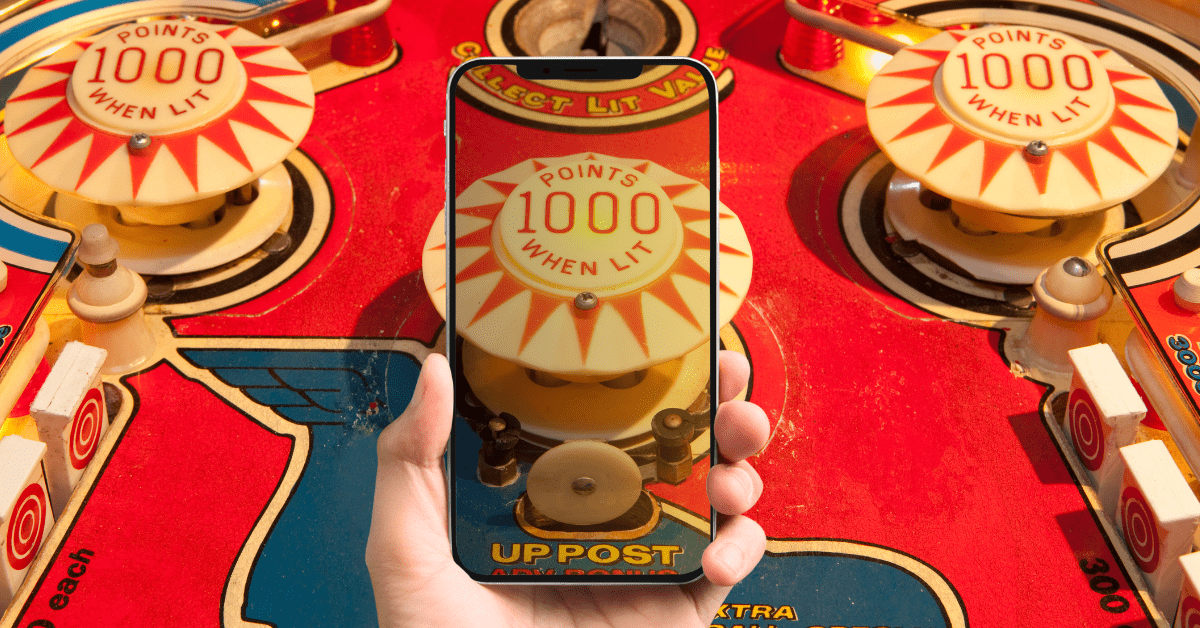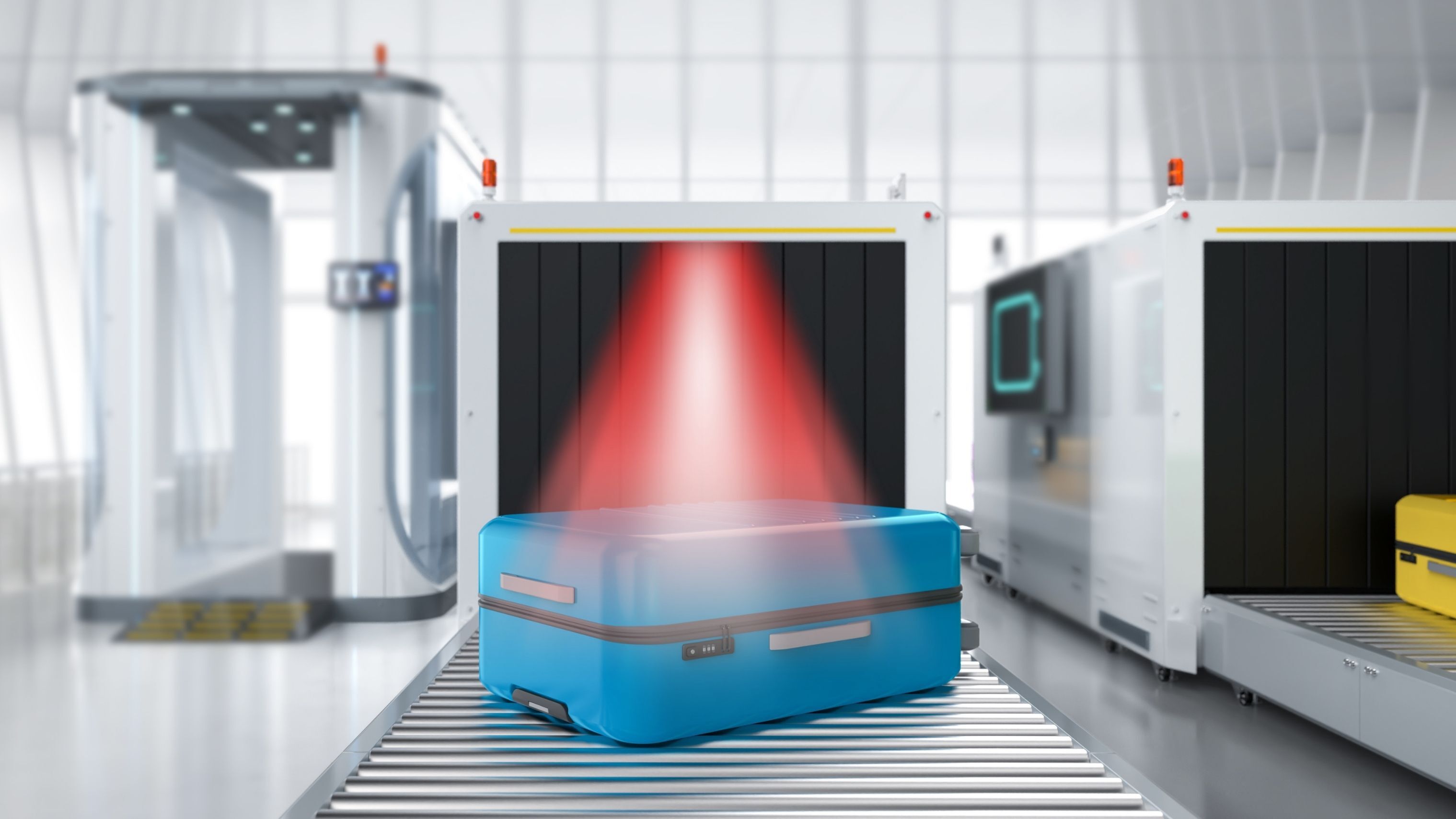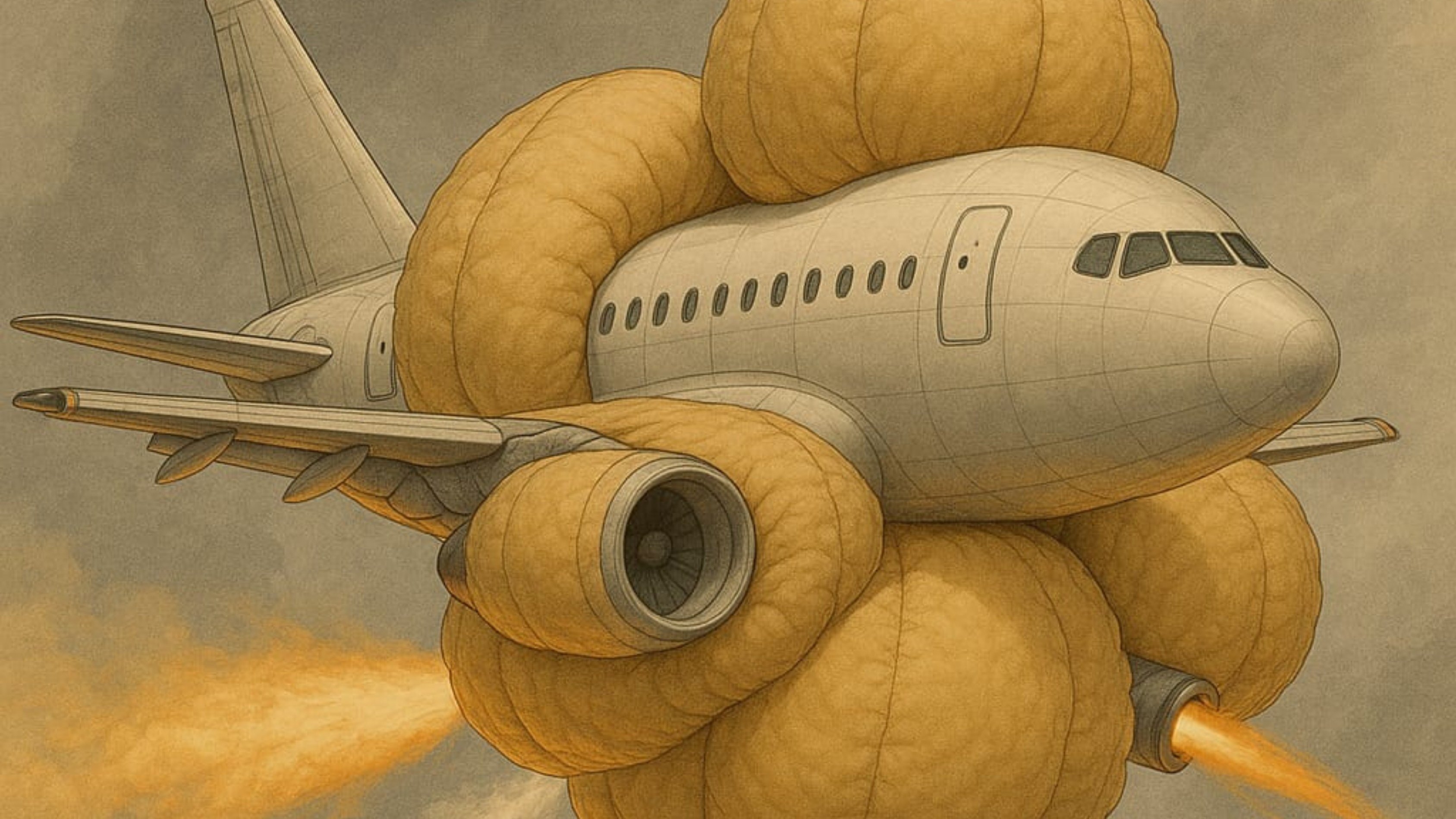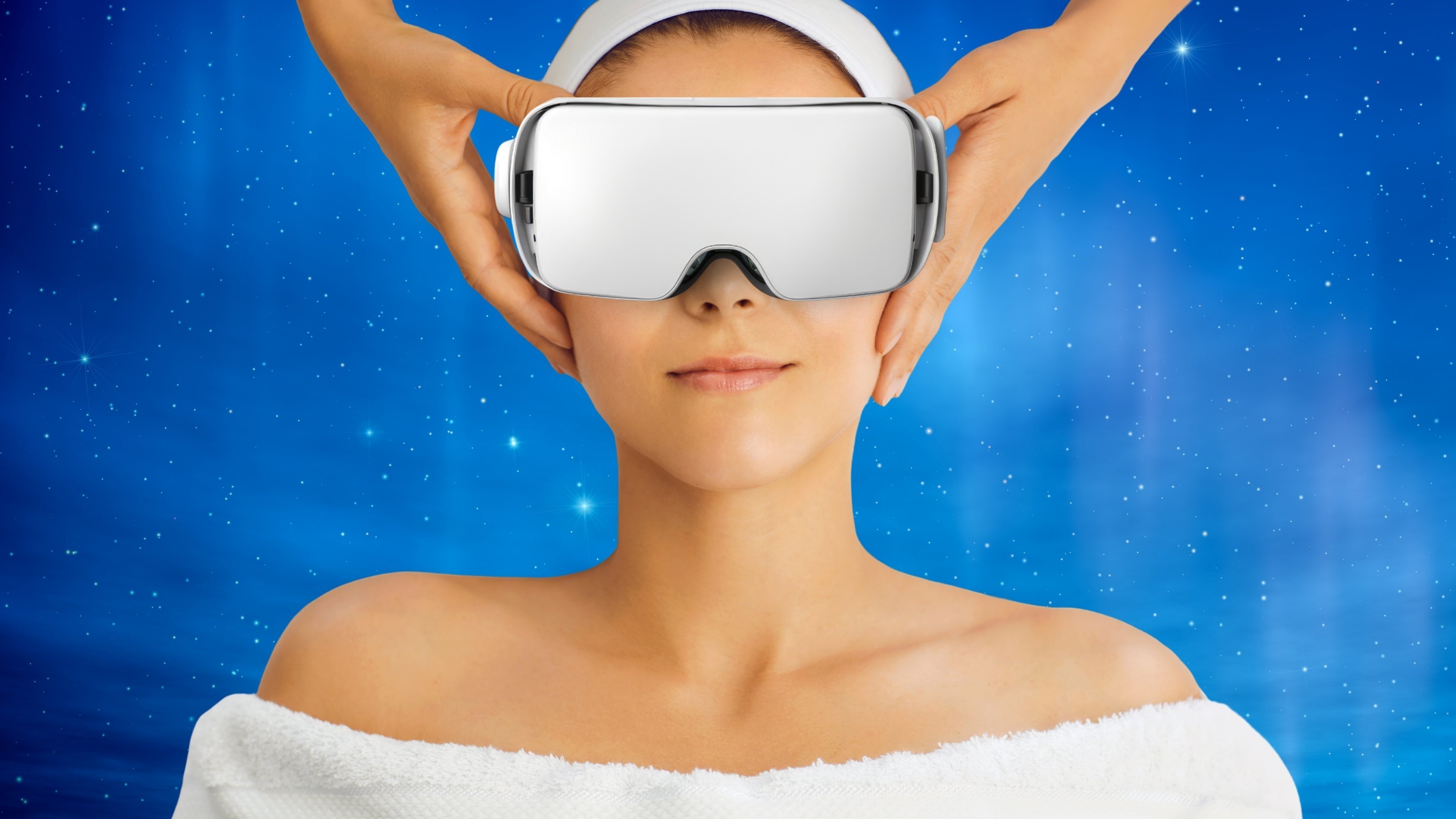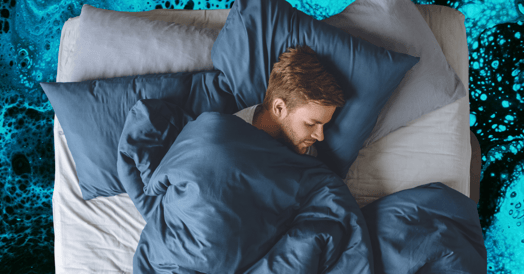We’re exhausted. According to the CDC, ~37% of US adults were not getting enough sleep as of 2022.
This has opened the door for a booming sleep tech industry full of wearables, apps, and devices designed to lull us to sleep. People are even checking into sleep hotels. But… how much would you spend to feel rested?
An advanced option
Eight Sleep is advertising Pod 5, “the first fully-immersive sleep system,” and it isn’t even a bed. It’s the company’s fifth iteration on a series of sleeping accessories that integrate with existing beds, and it’s now — like everything these days — AI-powered.
The full system includes:
- A hydro-powered mattress cover that automatically adjusts temperatures on both sides — ideal for couples in which one person is always cold.
- A base that changes elevation. For example, if it detects snoring, it will raise the sleeper's head to improve breathing.
- A new temperature-controlled blanket that syncs with the cover.
- Surround-sound speakers that play white noise and guided meditations developed in partnership with neuroscientist Dr. Andrew Huberman.
Sensors in the Pod track heart rate, breathing, sleep stages, and more, and it can even wake sleepers up with gentle sounds, vibrations, and temperature changes.
But it’s not cheap: While the cover and power hub alone start at ~$3k, the full system rings up at ~$6k+, plus a $199+ annual subscription.
Is it worth it?
Maybe if you're a high-performance athlete or very into biohacking. Reviews for Eight Sleep’s previous systems have been positive, but it costs more than most Americans are willing to pay — though they are willing to pay. A recent CNET survey found:
- US adults would spend an average of $78 per month, or $936 annually, to improve their sleep.
- Fifty-six percent already use a sleep aid, such as a supplement, while 22% report using sleep tech.
- That said, 37% would consider investing in a better mattress while only 14% would consider sleep tech.
And that tech probably doesn’t cost thousands of dollars — which is good news for the myriad startups hawking everything from side-sleeper headphones to sleep-tracking wearables to the average person who just craves a solid eight.
